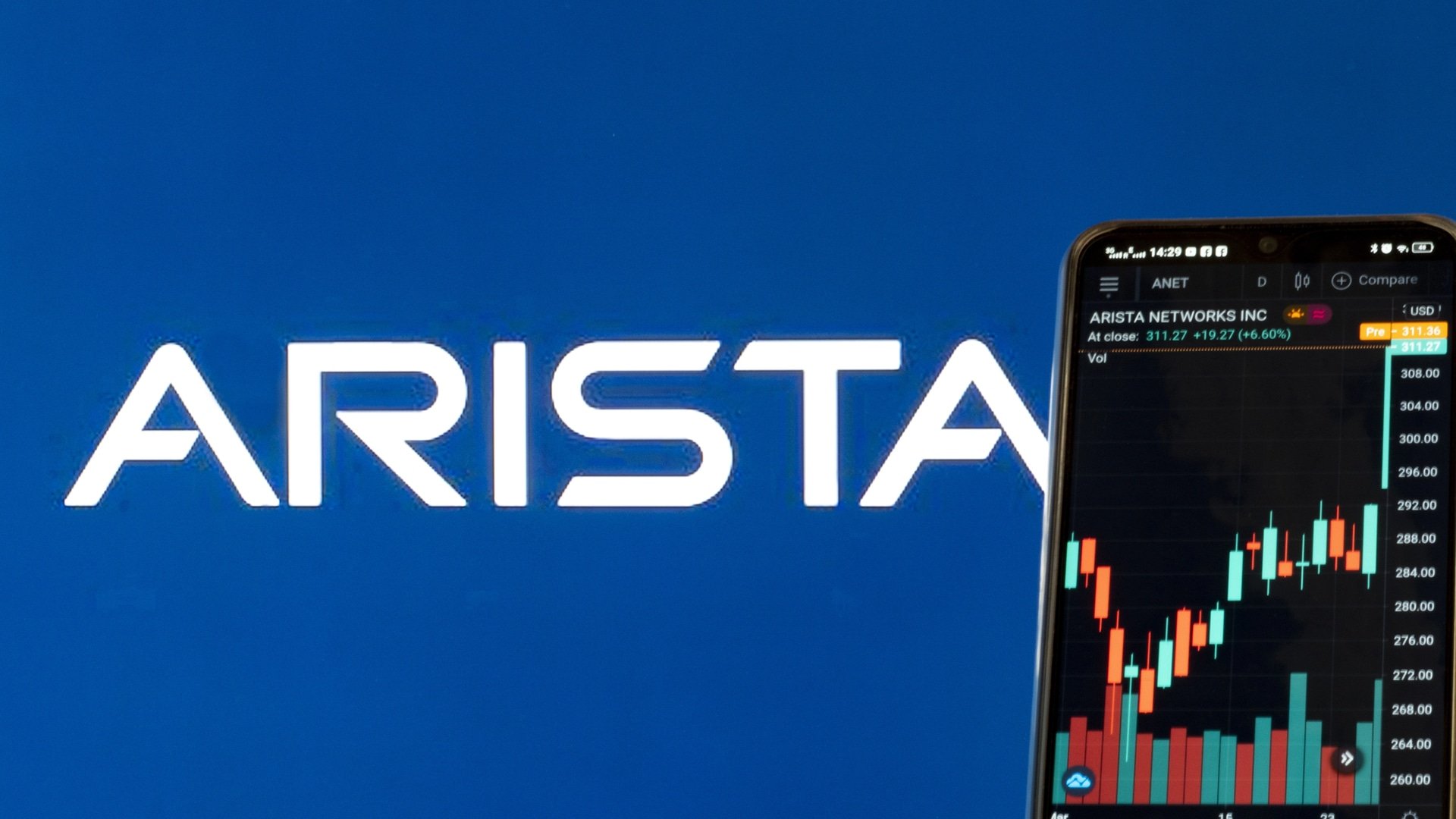In yet another sign that CX has become a separate and distinct business function, Michigan State University (MSU) announced it is starting a new master’s-level degree that is targeted at working CX practitioners and delivered online. Projected to gain state approval by the end of 2021, the first cohort likely will be accepted in 2022.
According to a survey conducted in the summer of 2020 with 160 decision makers that were provided with a description of the proposed MSU MS-CXM degree program, 87% indicated that it is important to hire employees that are experts in the field of customer experience management (CXM); 80% said they would be likely to give a raise to current employees who have obtained the degree; and 78% of US companies and 89% of international companies would be likely to hire students graduating from the program.
Similarly, a survey of 338 professionals working in CX conducted at the same time found that 87% of respondents indicated that CXM is critical to success; 85% were interested in a master’s degree in CXM; 63% would be likely to apply if the MSU MS-CXM degree were offered; and 44% of respondents that are extremely likely to pursue a master’s degree in the next 5 years would be extremely likely to apply to this MS-CXM degree.
Offered through the Broad College of Business, the MS-CXM will provide people with a comprehensive set of skills necessary to design, implement, and manage the CX function in any organization. Designed for working professionals, the degree can be completed in 20 months on a part-time basis and is organized into 15 five-week modules.
- Module 1: The Customer-Centric Organization
- Module 2: Organizational Development and Change
- Module 3: Consumer Decision Making and Behavior
- Module 4: Qualitative Research
- Module 5: Qualitative Data Synthesis and Analysis
- Module 6: Experience Analytics
- Module 7: Human Centered Design and Innovation
- Module 8: Experience Strategy
- Module 9: Experience Design
- Module 10: Online User Experience Design
- Module 11: The Employee Experience
- Module 12: Employee Engagement
- Module 13: Customer Relationship Management
- Module 14: Measuring the Experience
- Module 15: Data Analysis, Integration and Visualization
According to Tom DeWitt, director of CXM@MSU at the Broad College of Business at MSU, the master’s program will use a continuous and collaborative learning approach, featuring insights and techniques from both existing academics from the Broad College of Business, along with industry professionals from the CX industry.
“The academics will help to provide the theoretical frameworks that are really absent in the industry,” DeWitt says, noting that “the practitioners are going to help provide the current practical techniques.”
The program is specifically designed to provide organizational development and change, understanding customers and employees, experience design and innovation, employee experience and engagement, and data analytics and continuous improvement technical skills. As an accredited program, applicants must meet the typical requirements for admission to a master’s-level program, including a bachelor’s degree from a recognized institution, at least a 3.0 GPA in the last two years of undergraduate work, and must take the Graduate Management Admission Test (GMAT) and have the scores submitted to the program, though DeWitt expects that the GMAT requirement may be waived based on an applicant’s work experience.
The master’s degree is part of a larger initiative to bring together working practitioners with the academic world. The CXM@MSU initiative consists of numerous projects, symposiums, professional development courses and panels, and an advisory board colloquium, each of which is designed to allow for better networking among CX professionals, as well as knowledge transfer and sharing between the academic and corporate worlds. Membership in the CXM@MSU is available at an annual fee of $2,500.
DeWitt notes that 36 organizations are currently members, including CX solution providers, such as Qualtrics, Medallia, and QuestionPro, among others. Industry end users are also represented across several fields, including Delta Airlines, Ally Financial, Greyhound Lines, and Ipsos Group. Further, the expertise from these member companies and others is key to the delivery of the master’s degree, the content of which DeWitt says will evolve over time.
“As part of the course development process, we’re pairing up different groups [of academics and practitioners] so that they can learn from one another,” DeWitt says, noting that he expects many of the course learners will come from the CXM@MSU member companies. “I think there’s things that academics can learn from practitioners, and vice versa.”
For more information about the program, interested applicants and companies should visit https://broad.msu.edu/marketing/cxm/.
Author Information
Keith Kirkpatrick is VP & Research Director, Enterprise Software & Digital Workflows for The Futurum Group. Keith has over 25 years of experience in research, marketing, and consulting-based fields.
He has authored in-depth reports and market forecast studies covering artificial intelligence, biometrics, data analytics, robotics, high performance computing, and quantum computing, with a specific focus on the use of these technologies within large enterprise organizations and SMBs. He has also established strong working relationships with the international technology vendor community and is a frequent speaker at industry conferences and events.
In his career as a financial and technology journalist he has written for national and trade publications, including BusinessWeek, CNBC.com, Investment Dealers’ Digest, The Red Herring, The Communications of the ACM, and Mobile Computing & Communications, among others.
He is a member of the Association of Independent Information Professionals (AIIP).
Keith holds dual Bachelor of Arts degrees in Magazine Journalism and Sociology from Syracuse University.








